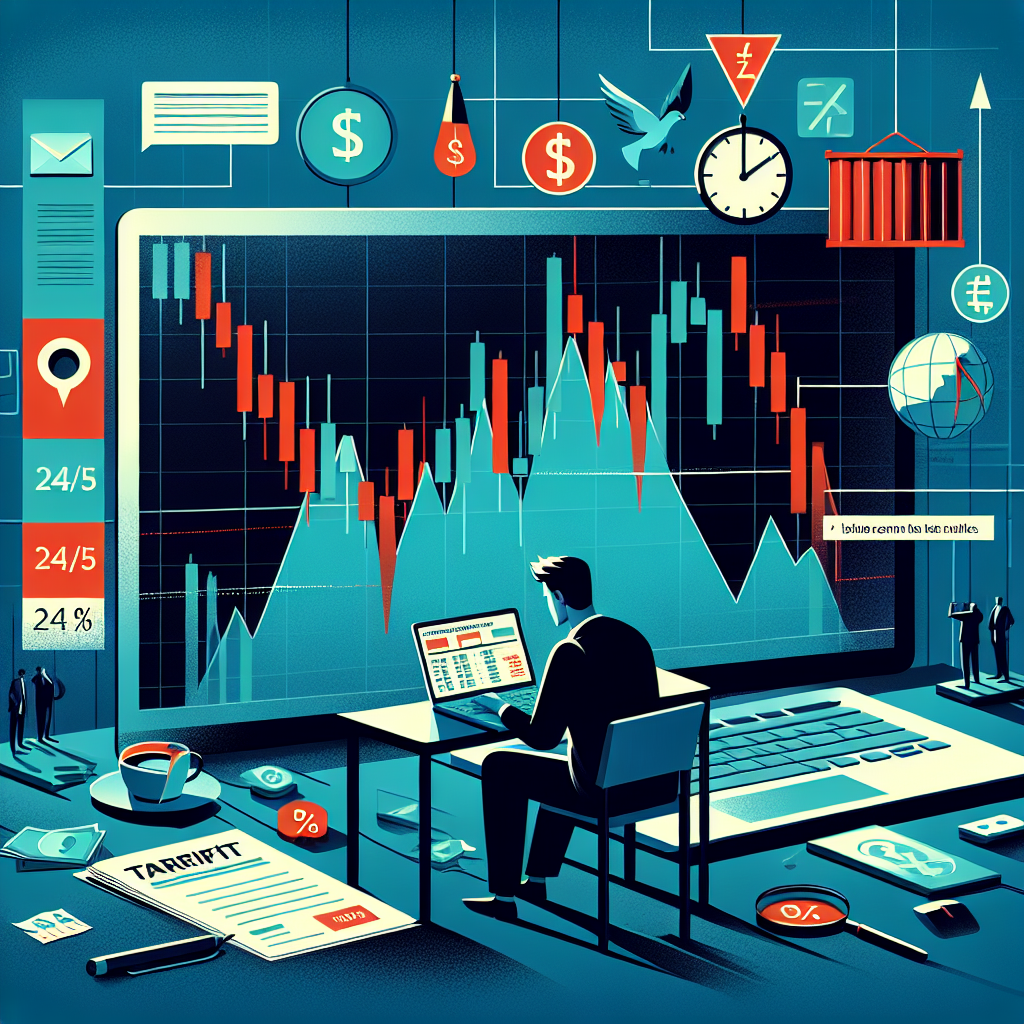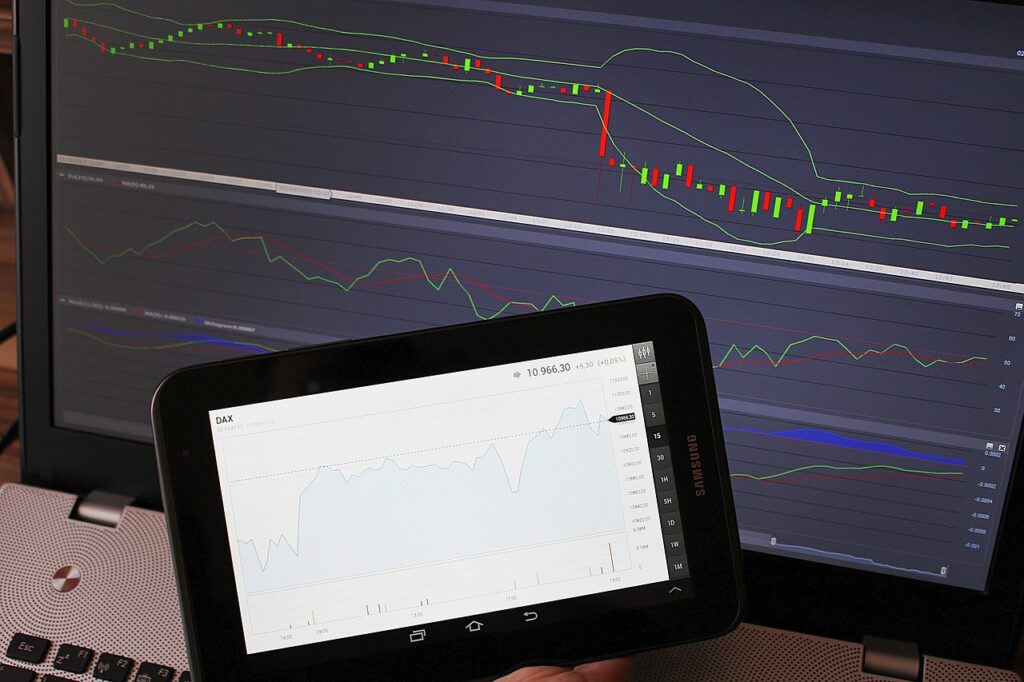7 Shocking Predictions About the Future of Forex Trading That’ll Change How Beginners Trade
The world of financial markets is evolving at an unprecedented pace. Among the diverse avenues for trading, forex trading continues to be one of the most dynamic and accessible markets, attracting millions of beginners each year. Understanding what is forex and how it’s shifting is essential for new traders determined to succeed. In this article, we will explore seven groundbreaking predictions about the future of forex trading and how these changes will transform the way beginners approach the market.
—
1. The Rise of AI-Powered Trading Tools Will Transform Pattern Recognition
One of the fundamental skills in disciplined trading is pattern recognition—the ability to interpret chart formations and predict future price movements. Traditionally, this has been a manual and subjective process, often relying heavily on a trader’s experience.
Prediction:
In the next decade, artificial intelligence (AI) and machine learning will dominate forex platforms, providing traders—especially beginners—with hyper-accurate pattern recognition tools.
These AI-driven systems will analyze vast amounts of historical data faster than any human, recognizing complex patterns and subtle market signals that might be invisible to the naked eye. For example, AI algorithms can identify micro-trends within minute-by-minute data and alert traders instantly, reducing the emotional bias that often clouds decisions.
Analogy: Think of AI as a seasoned chess grandmaster analyzing a board with thousands of possible moves ahead, while a beginner might only see the immediate next moves. This advantage will help novices make smarter trades with higher confidence.
Source: For a detailed understanding of AI’s impact on trading strategies, see Trading Reinvented: A Practical Blueprint for the Best Stock Strategy in Volatile Markets.
—
2. Integration of Forex with Broader Stock Market Strategies
While forex trading and stock markets have traditionally been treated as separate domains, the future will see a convergence of strategies. Beginners will benefit from an integrated approach that combines forex with stock market strategy principles, particularly in managing volatility and diversification.
The recent market turbulence demonstrated the importance of using a multi-asset perspective to hedge risk and maximize opportunities. For instance, some forex pairs and stock indices have correlated movements that, if understood well, can help traders hedge positions or optimize entry points.
This fusion will encourage traders to adopt risk management and portfolio diversification approaches traditionally used in stock investing, enriching their forex trading toolkit.
Source: The integration concept is echoed in modern strategies as discussed in the article on the best stock strategy for volatile markets by TechBullion (link).
—
3. Gamification and Education Platforms Will Accelerate Learning Curves
Beginners often find what is forex complex due to jargon, technical charts, and fast-paced decisions. To counter this, the future will bring gamified learning platforms that simulate real-market conditions, allowing newbies to develop skills like disciplined trading and risk management in immersive yet risk-free environments.
Much like popular language apps that reward consistent practice with badges and levels, these platforms will reward strategic trading decisions and error corrections, offering a learning curve tailored to individual strengths and weaknesses.
Example: Imagine a beginner trader learning to manage leverage risks and recognize patterns through interactive challenges, making mistakes without losing money but gaining valuable lessons—much like flight simulators train pilots before real flights.
—
4. Enhanced Regulatory Frameworks Will Promote Safer Trading Practices
Forex markets have long suffered from fraud and unregulated brokers exploiting beginners. Increased regulatory oversight worldwide will likely standardize trading conditions, promote transparency, and protect retail traders from malpractice.
With stricter regulations, educational efforts emphasizing risk management will become mandatory parts of onboarding for new traders. This will encourage more disciplined trading behaviors early on, fostering a sustainable trading culture rather than speculative gambling.
—
5. Adoption of Decentralized Finance (DeFi) and Blockchain in Forex
Blockchain technology and DeFi models are revolutionizing financial markets by providing decentralized, transparent systems. Within forex, this could mean:
– Direct peer-to-peer currency exchanges without intermediaries
– Instant settlement of trades with reduced counterparty risk
– Automated contracts enforcing risk management and margin requirements
For beginners, this could translate into lower fees, faster execution, and a truly global marketplace free from conventional banking restrictions.
—
6. Social Trading and Community-Driven Strategies to Grow Exponentially
Social trading, where traders follow and copy the trades of experienced peers, is already popular but will mature significantly.
Beginners can leverage this to learn from real-time stock market strategy insights and expert pattern recognition shared by veterans. This democratization of knowledge boosts confidence and often improves trading discipline, as participants feel accountable to their networks.
The future may see sophisticated rating systems and AI filters that help novices discover the most reliable and consistent forex mentors in the community, minimizing reliance on hype or misleading endorsements.
—
7. Personalized Trading Experiences via Big Data Analytics
The accumulation of big data combined with AI will customize trading platforms for each user’s profile—risk tolerance, preferred currency pairs, and even psychological trading tendencies.
Such personalization means beginners will receive tailored tips on disciplined trading routines, entry and exit points, and warnings when they deviate from predetermined risk management plans.
In this way, forex trading will evolve from a generic marketplace into a bespoke experience similar to a personal financial advisor guiding the trader every step of the way.
—
Conclusion
The landscape of forex trading is on the verge of profound transformation. From AI-enhanced pattern recognition to integrated market strategies, and from gamified education to blockchain innovations, beginners today must prepare for an exciting, more democratic, and data-driven future.
Understanding what is forex, employing sound risk management, honing pattern recognition, and adopting lessons from broader stock market strategy will be critical pillars of success. For those willing to adapt and learn, these changes will usher in new levels of opportunity and consistent profitability.
For further reading on advanced trading strategies in volatile markets, refer to Trading Reinvented: A Practical Blueprint for the Best Stock Strategy in Volatile Markets.
—
Start embracing these predictions today to not only survive but thrive in the future of forex trading.



